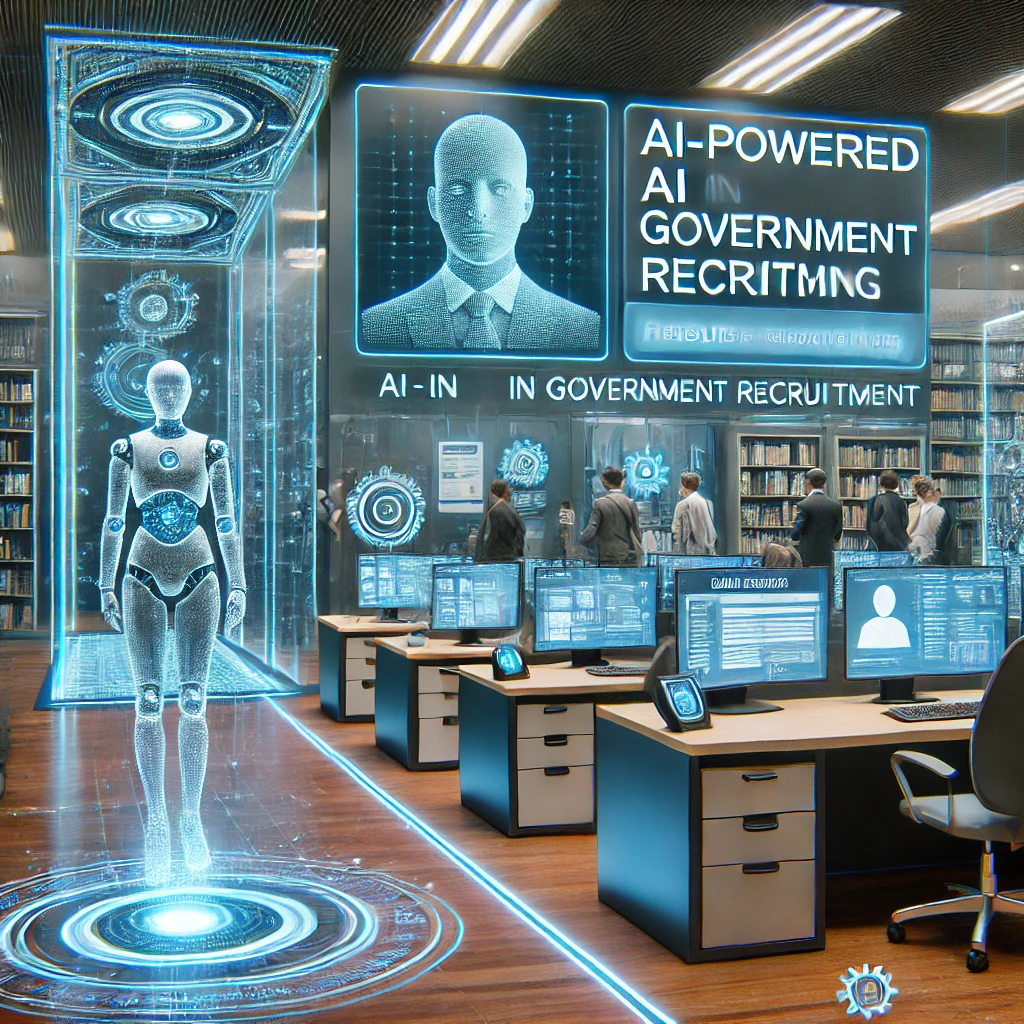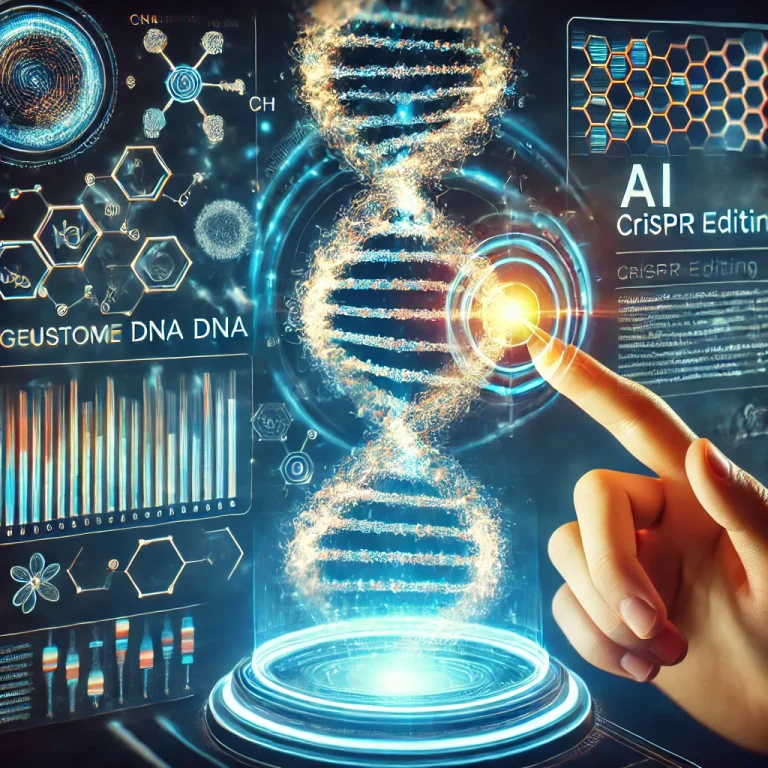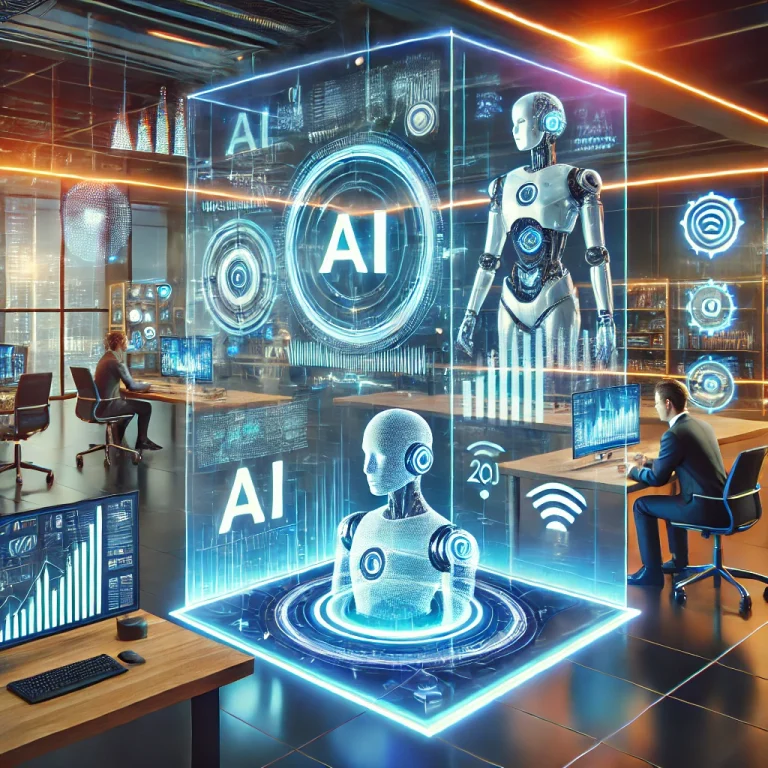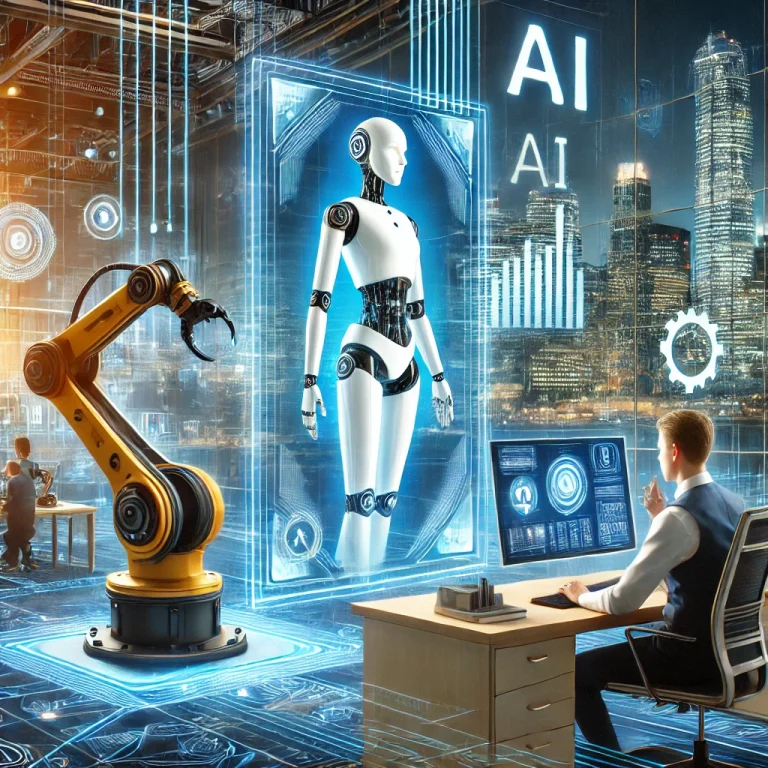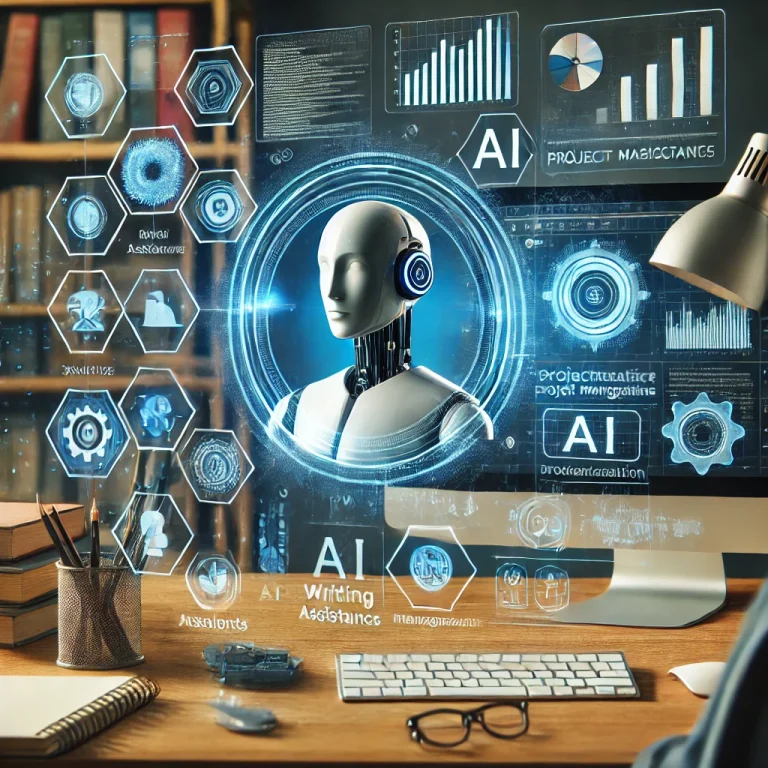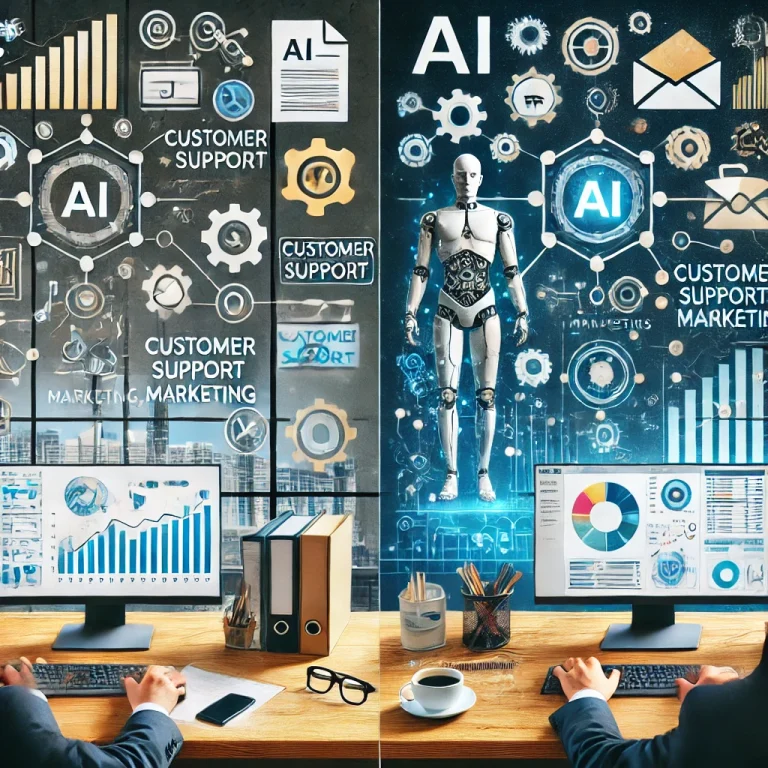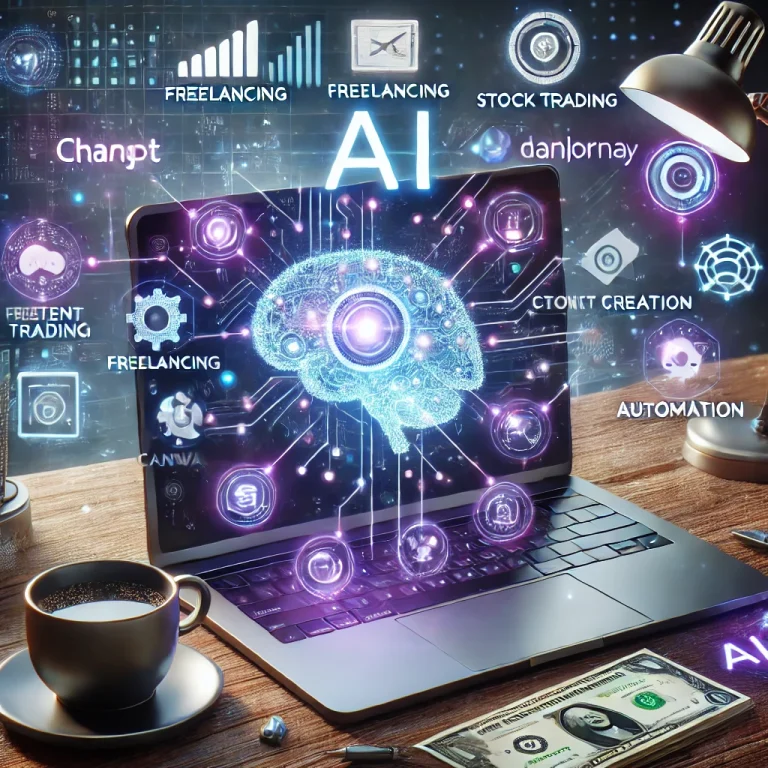AI in Government Jobs: How AI is Revolutionizing Recruitment & Candidate Screening
🔍 Introduction: The AI Revolution in Government Hiring
Artificial Intelligence (AI) is transforming how government agencies recruit and assess candidates. The traditional hiring process in the public sector has long been criticized for being slow, bureaucratic, and susceptible to biases. However, AI-powered recruitment tools are streamlining candidate evaluation, making hiring faster, more data-driven, and objective. But what does this mean for job seekers and hiring authorities? How is AI changing the dynamics of public sector recruitment? Let’s explore the impact, benefits, and challenges of AI in government hiring.
🏛️ AI in Government Hiring: A Game-Changer
Government agencies worldwide are integrating AI into their recruitment processes in several ways:
1️⃣ Automated Resume Screening: The First Filter
Traditional resume screening is time-consuming, requiring HR professionals to manually sift through thousands of applications. AI-powered Applicant Tracking Systems (ATS) use Natural Language Processing (NLP) to scan and rank resumes based on job-specific keywords, required skills, and relevant experience. This ensures that only the most qualified candidates advance to the next stage, eliminating human bias and saving valuable time.
2️⃣ AI-Powered Chatbots for Pre-Screening
Intelligent AI chatbots are now conducting preliminary interviews. These chatbots ask candidates a set of predefined questions, analyze their responses in real time, and assess qualifications based on pre-trained algorithms. They provide immediate feedback and shortlist potential candidates for further evaluation.
3️⃣ Predictive Analytics for Candidate Suitability
AI analyzes historical hiring data to predict a candidate’s success in a government role. Machine learning algorithms assess patterns from past hires, evaluating factors such as professional experience, job tenure, and performance reviews to recommend top candidates.
4️⃣ Facial Recognition & AI-Based Video Interviews
Advanced AI tools can analyze recorded video interviews, assessing a candidate’s tone, facial expressions, speech patterns, and confidence levels. AI-powered emotional intelligence software determines personality traits and cultural fit, aiding recruiters in selecting the best candidates.
5️⃣ Automated Background Verification & Fraud Detection
Government jobs require strict background checks, often causing delays. AI cross-references multiple databases, verifying employment history, academic qualifications, criminal records, and social media activity within minutes. AI can also detect inconsistencies in applications, reducing fraudulent hires.
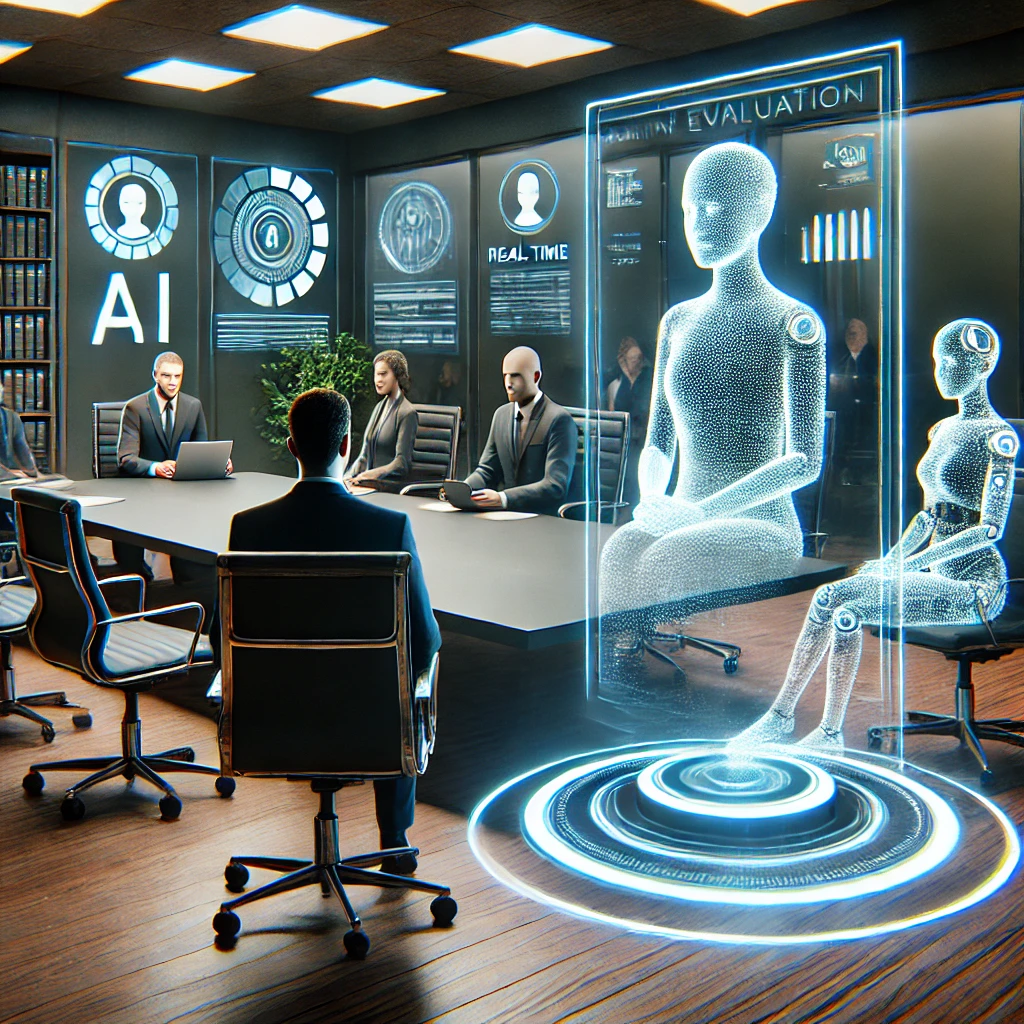
📊 Benefits of AI in Government Recruitment
The adoption of AI in public sector hiring offers numerous advantages:
| 🔹 Benefit | 🔹 Explanation |
|---|---|
| 🚀 Speed & Efficiency | AI processes applications and screenings in seconds, cutting recruitment time by 50% or more. |
| 🛑 Reduced Bias | AI evaluates candidates based purely on skills, experience, and data, reducing human prejudice. |
| 💰 Cost Savings | Automating the recruitment process minimizes administrative workload, reducing costs. |
| 📈 Data-Driven Decision Making | AI analyzes thousands of data points to help hiring managers make informed decisions. |
| 🎯 Improved Candidate Experience | AI chatbots provide instant responses, making the application process smoother. |
| 📡 Scalability | AI can handle and analyze thousands of applications simultaneously without error. |
⚠️ Challenges & Ethical Concerns of AI in Hiring
Despite its advantages, AI-driven recruitment comes with its own set of challenges and risks:
1️⃣ Algorithmic Bias & Discrimination – If AI models are trained on biased historical data, they may unintentionally favor or disfavor certain demographic groups. Efforts must be made to train AI using diverse and unbiased datasets.
2️⃣ Lack of Transparency – Many AI-based hiring decisions operate in a “black box,” meaning HR personnel and candidates may not fully understand how AI reaches conclusions. Transparency in AI decision-making is crucial for trust.
3️⃣ Privacy & Data Security Issues – AI systems collect and analyze vast amounts of personal data, raising concerns about data privacy. Strong security measures must be in place to protect candidate information.
4️⃣ Over-Reliance on AI – AI should complement, not replace, human judgment. Over-reliance on AI tools can overlook valuable human intuition and contextual understanding.
5️⃣ Ethical Implications – AI-driven hiring raises questions about fairness. Governments must establish ethical guidelines to ensure AI hiring practices align with equal opportunity employment laws.
🔮 The Future of AI in Government Recruitment
As AI technology continues to evolve, government agencies are likely to refine their hiring processes further. Here are some expected future trends:
- Ethical AI Regulations – Governments will implement stricter regulations to eliminate bias and promote fairness in AI-driven hiring.
- Hybrid AI-Human Decision Models – AI will assist human recruiters, but final hiring decisions will involve human oversight to ensure fairness.
- Advanced AI Interviewing Techniques – AI tools will improve to assess not just skills but also candidate potential, cultural adaptability, and leadership capabilities.
- Personalized Job Recommendations – AI will match candidates with government job openings based on skillset predictions and career growth analytics.
- Augmented Reality (AR) Job Simulations – AI-powered AR may be used to simulate government job tasks, allowing candidates to demonstrate skills in a virtual environment before hiring.
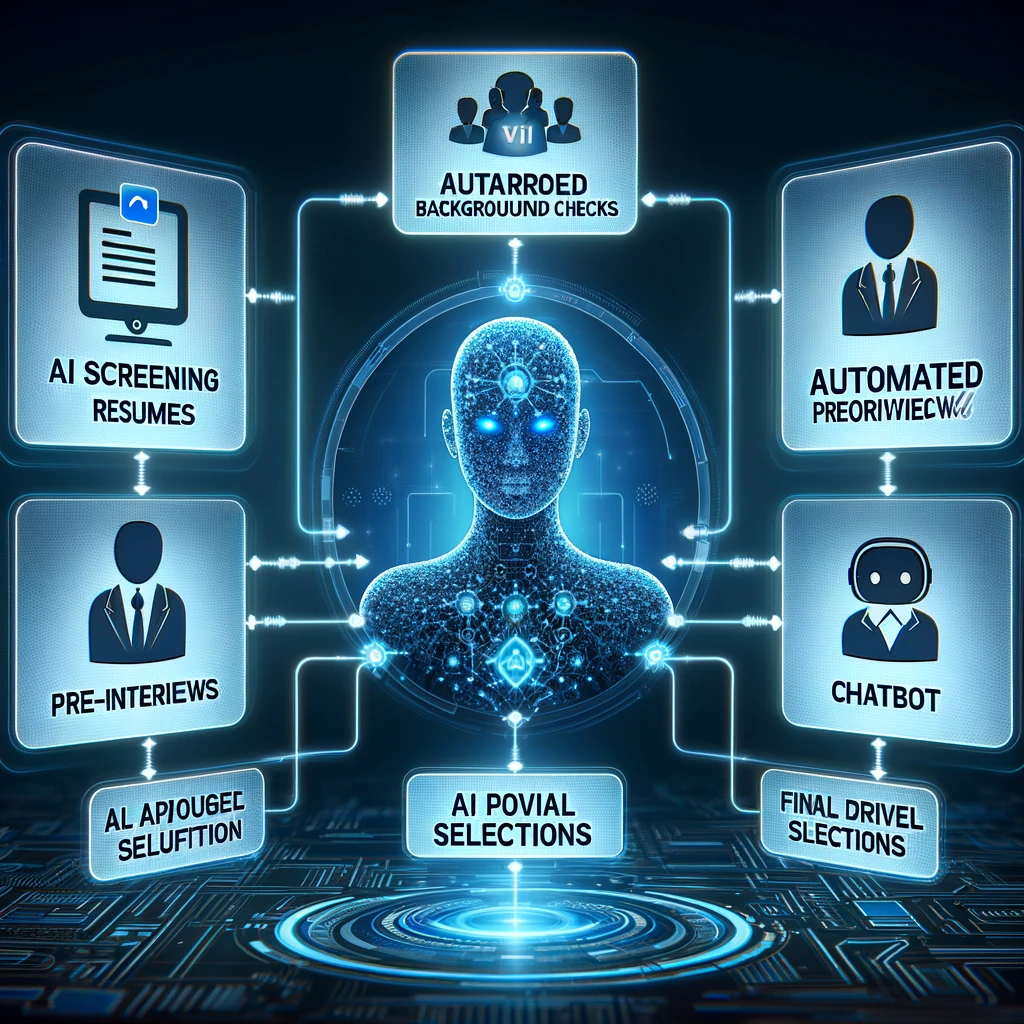
✅ Conclusion: The Balance Between AI & Human Hiring
AI is revolutionizing government job recruitment by automating screening, reducing bias, and increasing efficiency. However, ethical considerations must be addressed to ensure transparency, fairness, and accountability in hiring decisions. While AI can process vast amounts of data and improve hiring accuracy, the human element in decision-making remains irreplaceable. The future of public sector recruitment will likely be a hybrid model where AI enhances but does not replace human judgment.
As AI continues to advance, government agencies must embrace innovation while maintaining ethical hiring practices. The key to success lies in balancing AI-driven efficiency with human oversight to create a fair, transparent, and effective recruitment process. 🔥🚀
